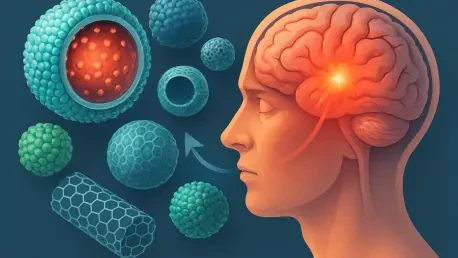
What happens when a traumatic brain injury (TBI) strikes, leaving millions grappling with invisible damage that traditional medicine struggles to detect or treat? In emergency rooms and clinics worldwide, this silent epidemic affects over 60 million people annually, often leading to lifelong

In the ever-evolving landscape of medical diagnostics, a profound shift is underway, driven by the remarkable capabilities of artificial intelligence (AI). Brain tumor diagnosis, a critical area where precision and speed can mean the difference between life and death, has long been hampered by the
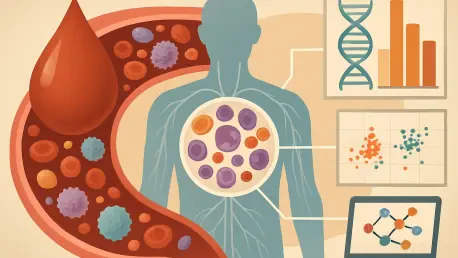
In a world where medical breakthroughs are reshaping the boundaries of healthcare, the Human Disease Blood Atlas stands as a monumental achievement that could redefine how diseases are understood and treated. Spearheaded by Dr. Mathias Uhlén and a dedicated team of over 100 international
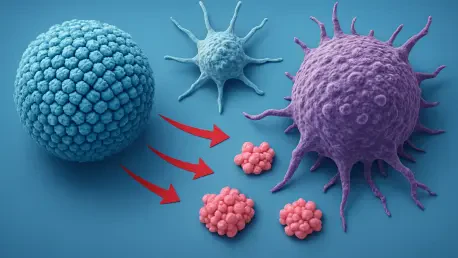
Diving into the forefront of cancer immunotherapy, we’re thrilled to speak with Ivan Kairatov, a renowned biopharma expert with extensive experience in research and development. Ivan’s deep knowledge of technological innovation in the industry has positioned him as a leading voice in the fight
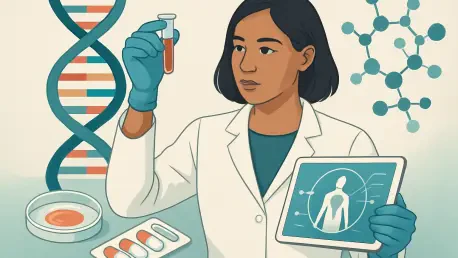
Imagine a world where a simple test could predict how your body will react to a life-saving medication, potentially avoiding dangerous side effects or ineffective treatments before they even begin. This isn’t science fiction but the reality of genetic testing, a groundbreaking tool that’s reshaping
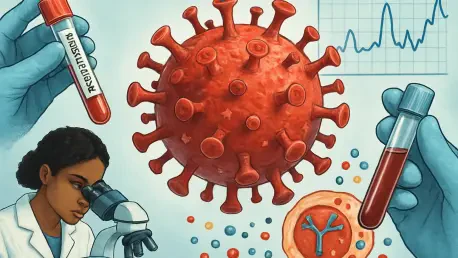
The COVID-19 pandemic has presented an unprecedented challenge to global health, revealing intricate and often devastating ways in which the SARS-CoV-2 virus disrupts the human body at a molecular level, particularly in severe cases characterized by rampant inflammation and life-threatening blood